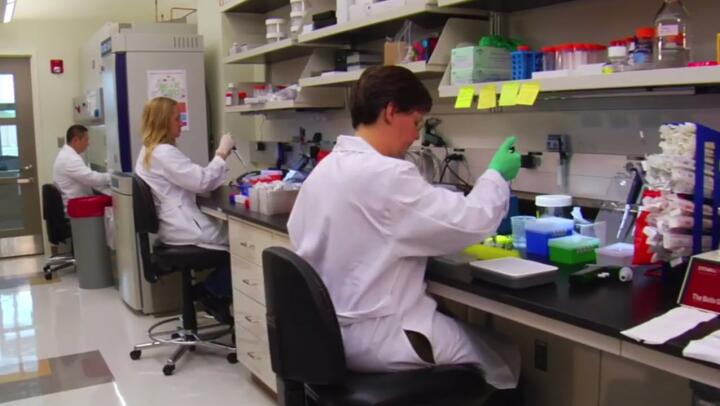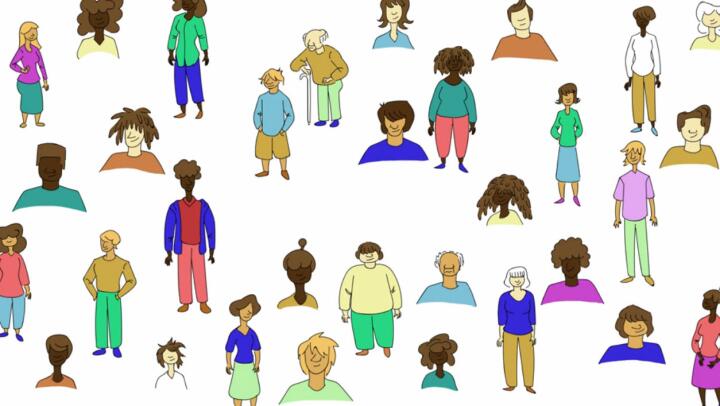
In the past, treatments for hepatitis C were difficult to tolerate and many people wouldn't be able to complete the therapy due to side effects.Now, everything has changed. Piedmont Healthcare Hepatologist Raymond Rubin, MD, explains.
The difference between the new and the old treatments for hepatitis C is drastic. The scientists who made the newest treatments for hepatitis C are amazing. The hepatitis C virus reproduces over a quadrillion times a day, and these scientists figured out how to stop this reproduction. They’ve designed molecules that block specific proteins the hepatitis C virus makes to help it reproduce. The goal of treatment is to block these proteins until the virus disappears from the blood. The nice thing about hepatitis C is it doesn’t integrate into our DNA, like hepatitis B or HIV can; that’s why hepatitis C is curable, whereas those other two, at the moment, are not. But hopefully one day they will be.
When the new treatments became available, we initially hesitated about using the word ‘cure.’ It’s really only in the last few years that my colleagues and I feel confident telling our patients they’re cured. We’ve got proof, now that hundreds of thousands of people finish these new treatments with no trace of hepatitis C in their blood.
The hep C treatment landmark for us was 2013 and 2014. Those years saw the beginning of this new generation of all-oral hepatitis C medicines. Having treated patients for the last 30 years, the vast difference in side effects from what we used to have is incredible. I have patients I’ve known for a long time who suffered through interferon and they just couldn’t get through the treatment; the side effects were too debilitating. Now, when they take this latest generation of drugs, they cannot believe the difference. It’s just a new universe. Yes, some people do have side effects that are uncomfortable, but it’s exceptionally rare in 2015 for someone to stop their hepatitis C medication because of side effects. Before 2013, it was exceptionally common for patients to stop one if not all hepatitis C medicines because of side effects.
As opposed to the old requirement of seeing patients every two to four weeks during the six, 12, or 18-month treatment, we’ll now usually see the patients without cirrhosis about four weeks after they start. Then we’ll see them at the end of their 12 or 24 weeks of treatment. They’ll get blood tested once a month during treatment, but it’s a vastly different patient experience now compared to the interferon days.
The advances in treatment are a big change. It’s really dramatic. I started my GI fellowship in 1990, around the time that hepatitis C was actually discovered. Seeing this breakthrough come to fruition is really one of the triumphs of medicine. I don’t want to sound melodramatic, but when you go from a situation where we couldn’t even identify what hepatitis C was to a point where we understand how the virus works and can cure it… it’s tremendous.












